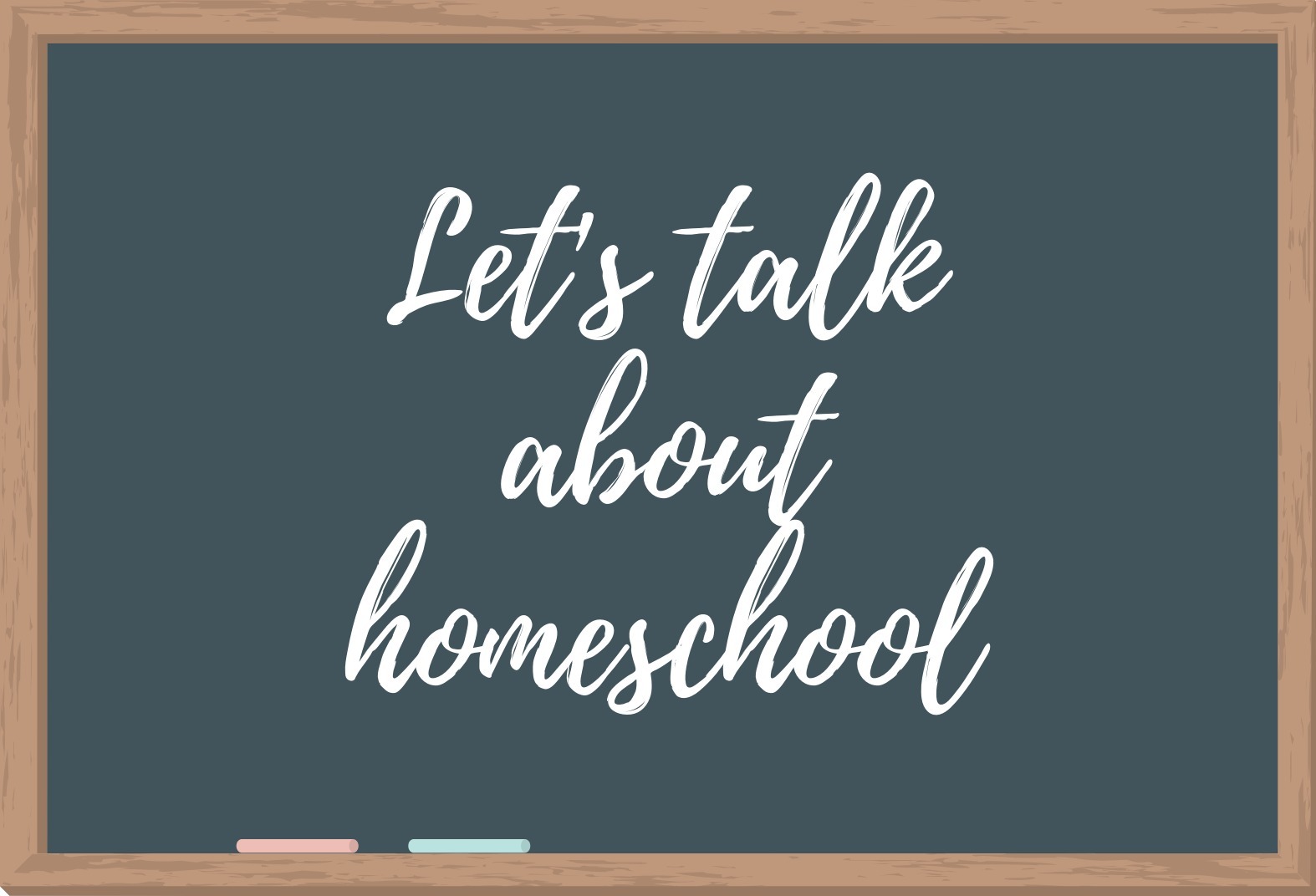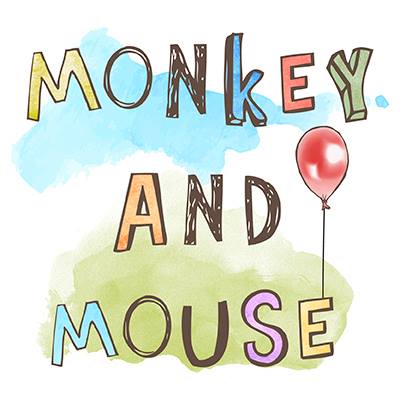
In our continuing series on homeschooling, we have a lovely guest post from Jenny. She blogs over Facebook and is sharing her family’s homeschooling journey and what they do. You can also find her on Facebook and Monkey and Mouse

I’m Jenny, a mum of two children aged 5 and 7 from Scotland. Neither of my children have ever been to school and currently they have no desire to attend school. Instead we have home educated our kids and both are quite happy with how their lives are, so it’s not going to change any time soon.
Home education can take many forms, from those who school at home, parents who hire tutors to teach their children, those who unschool, plus many who dabble in a bit of each.
Unschooling
Before I start discussing how we unschool, I better clarify that we aren’t a total unschooling family. However it’s the closest description of how we educate our children. Unschooling is when children learn via a child-led approach, including trips out of the home as well as how they learn at home. People who lead an unchooling life will include everything in this, so that children can choose exactly when and what they eat, as well as when children choose to go to bed and how long they use screens for.
Although we do give the children as many choices in this as we can, we find that our children respond better with set bed times and only using screens for a limited amount of time each day. Every child is different though, so it’s working out what is best for your own child/ren.
How It Works For Us
We have various groups and classes our children have chosen to do throughout the year. Most of them are afterschool groups at local community centres with their schooled peers. My eldest currently enjoys swimming, drama, multi-sports and Beavers, whilst his younger brother attends swimming, gymnastics, drama, multi-sports and ballet/tap dancing.
These are great for learning new skills and making new friends, but are a very small part of their total learning experience. Many people think that home educated children don’t get to socialise, but they would be completely wrong! There’s rarely a day that goes by that we are not meeting friends, going to a group or meeting new people, of all ages and backgrounds. We can be out every single day if we choose to, but usually in the middle of the week it’s nice to have a relaxing day as a breather.
A lot of our days are spent outdoors and the children spend a huge majority of their time playing. Free play outdoors, playing together inside and a lot of imaginary fun. I’m completely happy with this as I know that children learn through play and it’s really important for their development.
Both my children enjoy learning about science, so we’ve teamed up with some other science loving friends and the kids take it in turns to lead their friends in a science-based activity. Firing rockets, testing pH using red cabbage and engineering towers are just a few of the ideas they’ve tested out. The children have learnt how to create hypotheses, test them and comparing results. We’ve been doing this for over a year and the science enthusiasm still hasn’t waned.
We also attend home education groups at different attractions such as science centres, the zoo and sculpture parks, plus at least 2 days a week at woodland groups. It’s the woodland groups that I think are most beneficial to the children, learning to problem solve, working together and helping each other. It’s lovely to see how they can all work together.
When it comes to the main topics at school; reading, writing and mathematics, we really don’t have a set plan. Our children have learnt how to walk and talk all by themselves, so I’m happy that they will learn how to read and write themselves too. They tend to mimic what the adults around them do, so seeing us reading and writing or adding things together is enough encouragement. There are also plenty of apps out there that can be used to aid these topics, such as Reading Eggs or Doodle Maths, but you don’t necessarily need them. It’s amazing watching children suddenly being able to read because they’re physically and emotionally ready for the task.
My eldest is at the cusp of learning to read, he knows his sounds and letters, he simply needs to realise that he CAN do it. My youngest has expressed the wish to learn his alphabet so he can write to friends he meets on our travels and read their letters. Every child has a different reason to learn reading and writing and it is that motivation that helps them get there.
Motivation
Motivation really is the key to most of home education. Children motivate themselves to learn about various topics because THEY want to. Us parents may suggest ideas or facilitate things at the children’s request, but generally what we do is their choice.
For my eldest he is particularly motivated to learn about all things to do with engineering or trains. My youngest child is completely different and his motivation has more to do with what he would like to do with friends, including writing to friends, and anything to do with dance and music. It’s great to see them discovering their passions and being free to explore them throughout their weekdays.
I know that unschooling isn’t for everyone, however I believe it to be the best thing for our children. Letting them take control of their own learning and motivating themselves to learn for their own future. So whatever path they choose as young adults will completely be their choice and they will be motivated to gain their goal.